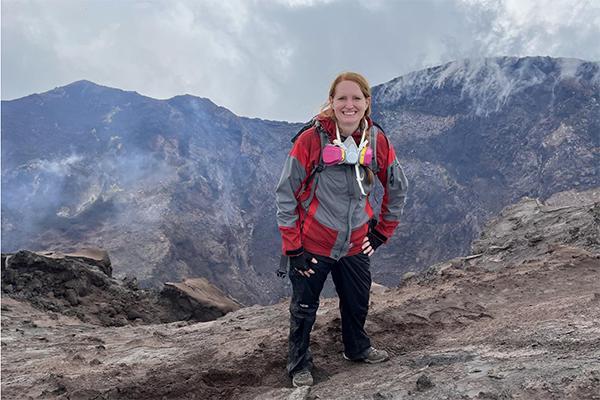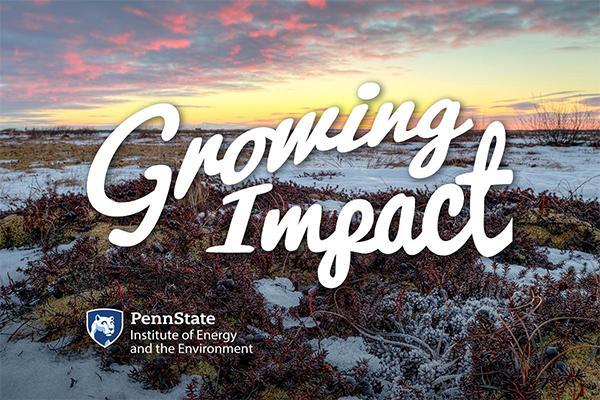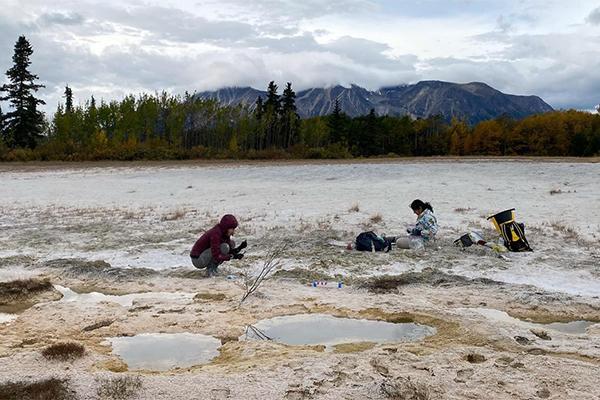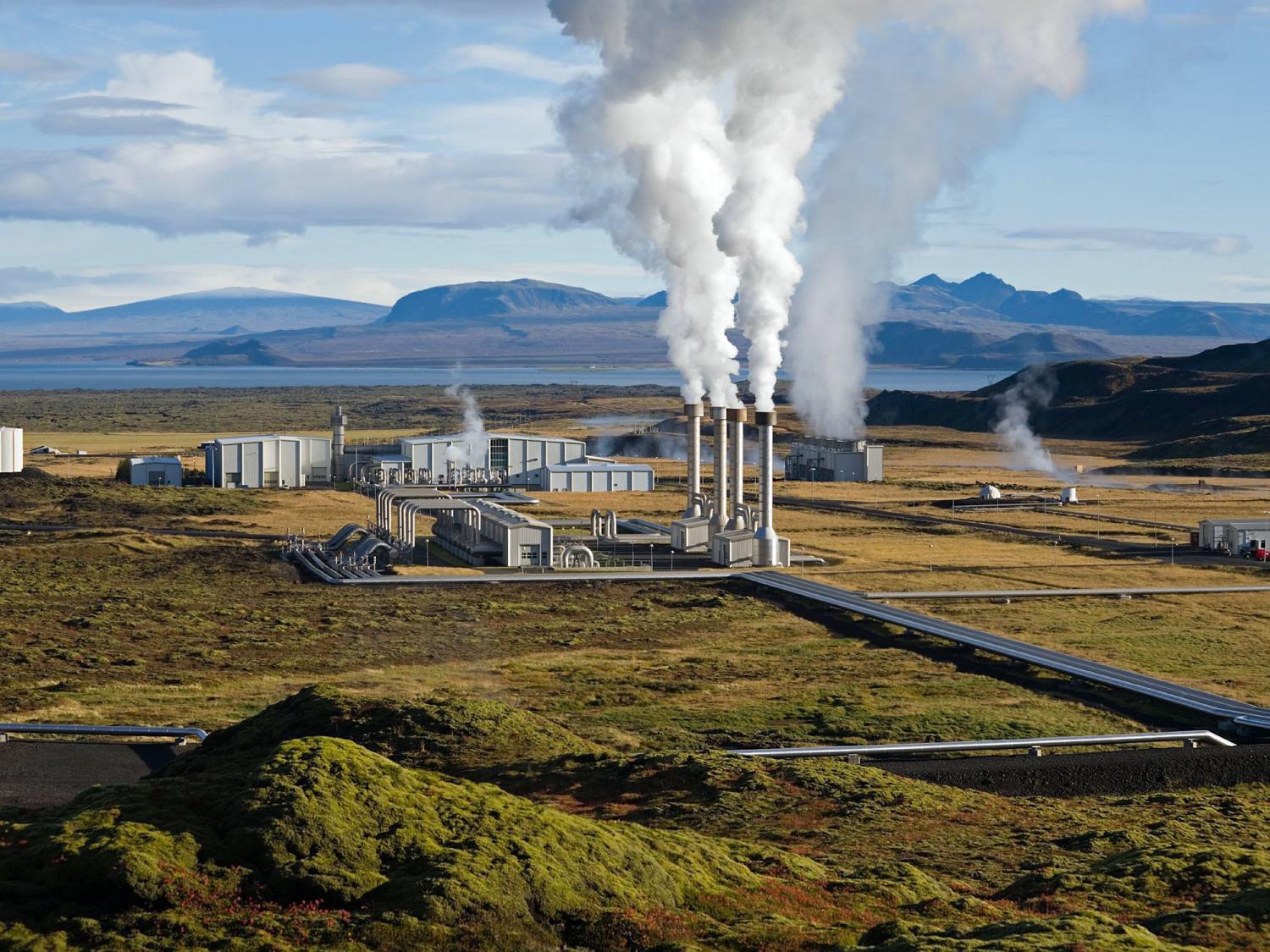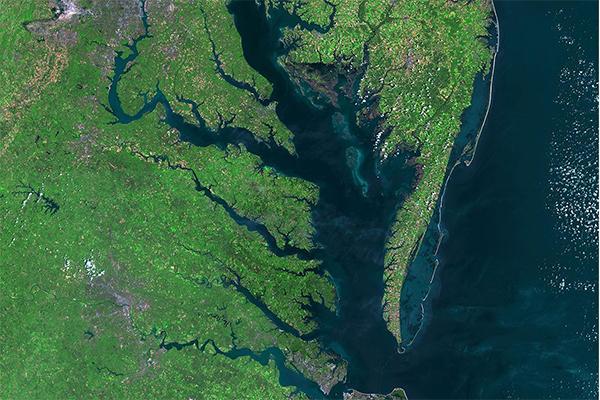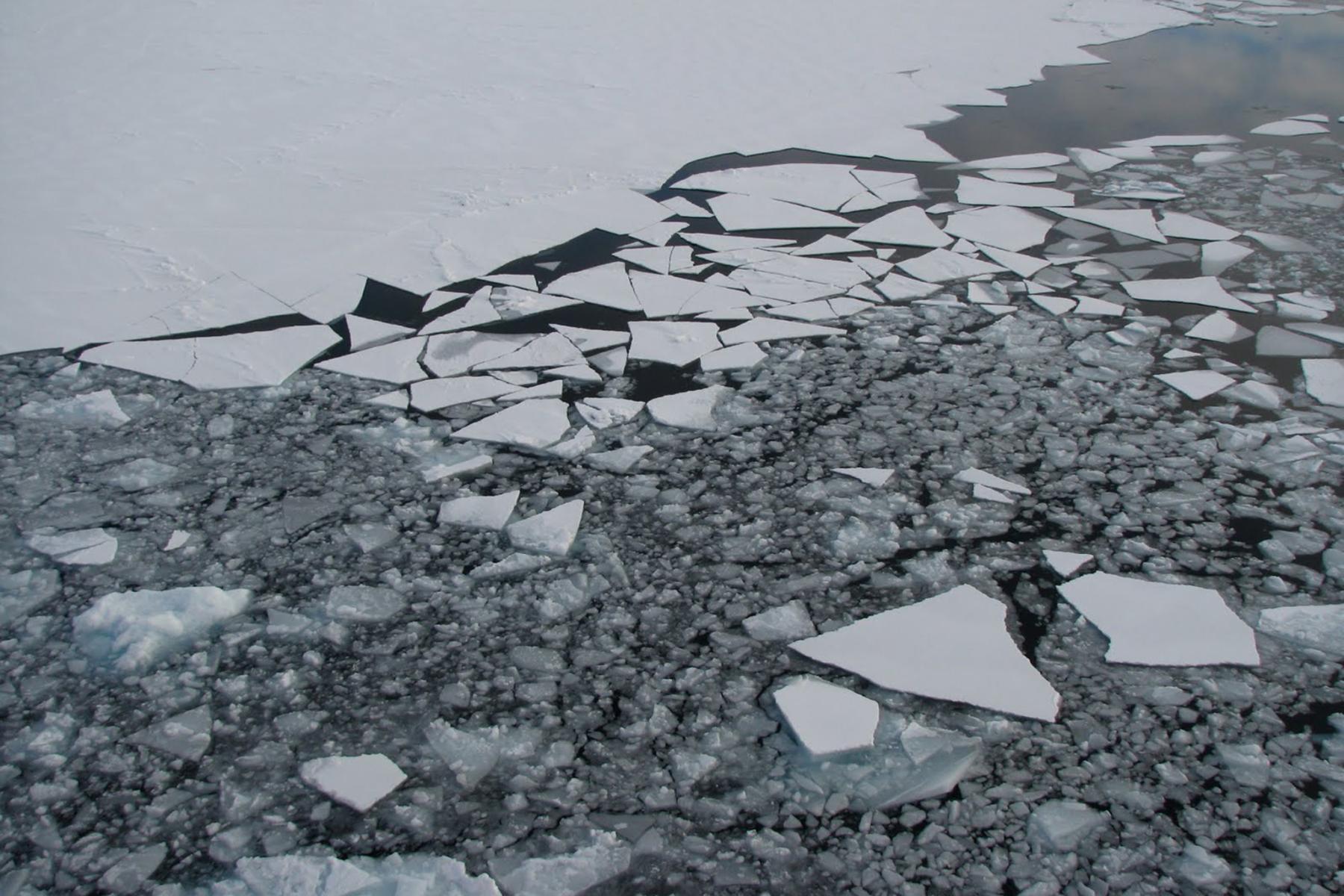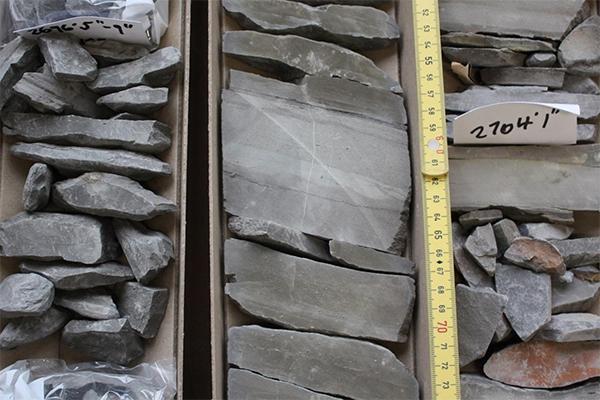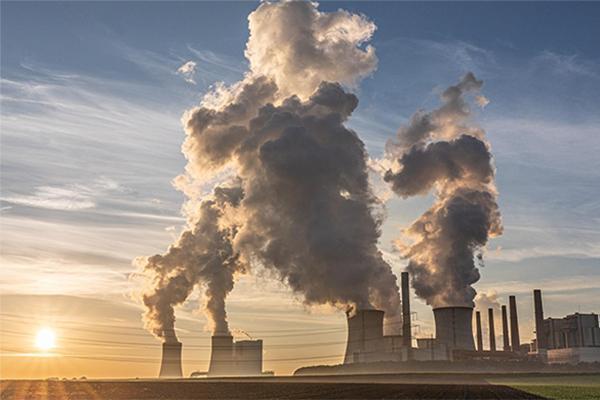Christelle Wauthier, associate professor of geosciences. was appointed as the associate director for the Institute for Computational and Data Sciences.
In the latest episode of Growing Impact, Anastasia Piliouras discusses how thawing Arctic permafrost is affecting rivers and communities in the region.
$975,000 National Science Foundation Faculty Early Career Development Program (CAREER) grant awarded to Miquela Ingalls, assistant professor and Wilson Faculty Fellow.
Bridget Reheard, undergraduate student in geosciences, has been selected as Goldwater Scholars for 2024-25.Goldwater Scholars are selected for their potential as leaders in the fields of natural sciences, mathematics and engineering.
Researchers report the strength of seismic activity has a direct link to energy extraction efficiency.
Ray Najjar, affiliate professor of geosciences, was recently awarded funding from the U.S. National Science Foundation to develop a new coupled watershed-estuary model that simulates the transport and fate of major salt ions.
Arctic sea ice is shrinking as the world continues to warm, and a new study led by researchers at Penn State may provide a better understanding of how the loss of this ice may impact daily weather in the middle latitudes, like the United States.
Massive volcanic events in Earth’s history that released large amounts of carbon into the atmosphere. A new method to estimate how much and how rapidly carbon was released by the volcanoes could improve our understanding of the climate response.
Incorporating field data for the first time, researchers at Penn State demonstrated machine learning can be a powerful and cost-effective tool for monitoring sequestered carbon dioxide (CO2), overcoming a hurdle for the burgeoning technology aimed at combating climate change.
THON 2024 raised $16,955,683.63 For the Kids, breaking THON's single-year fundraising record for the third consecutive year.


